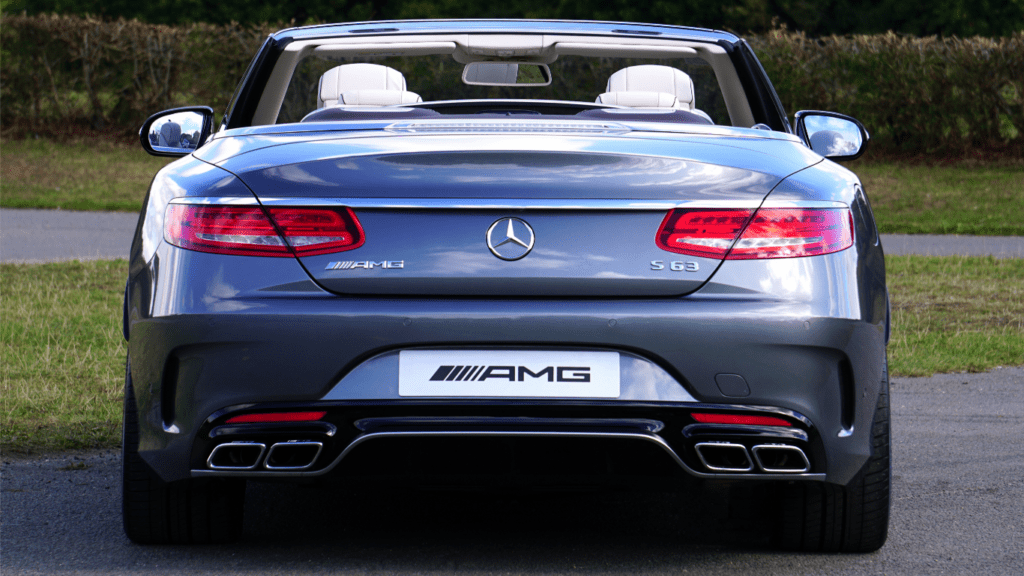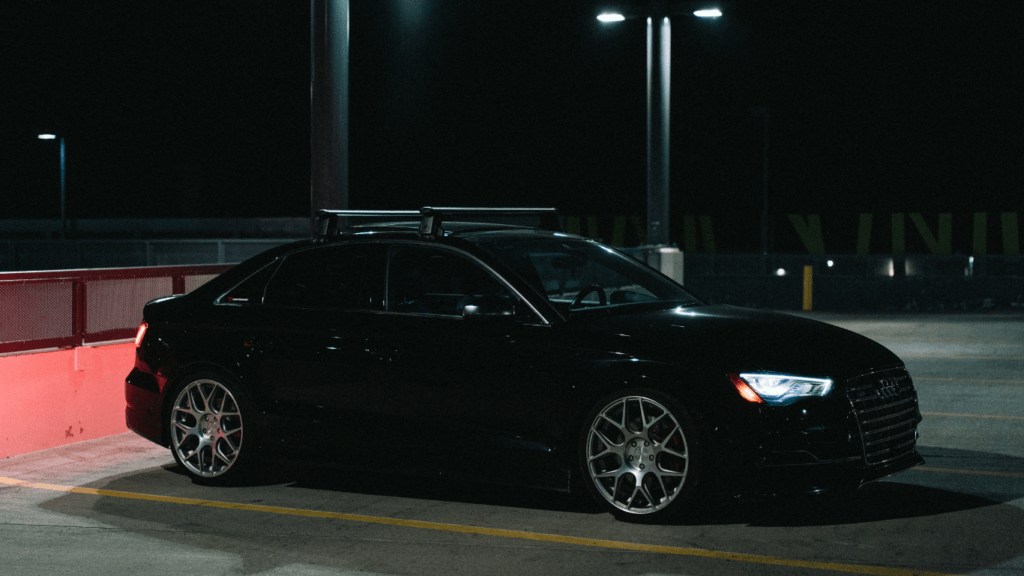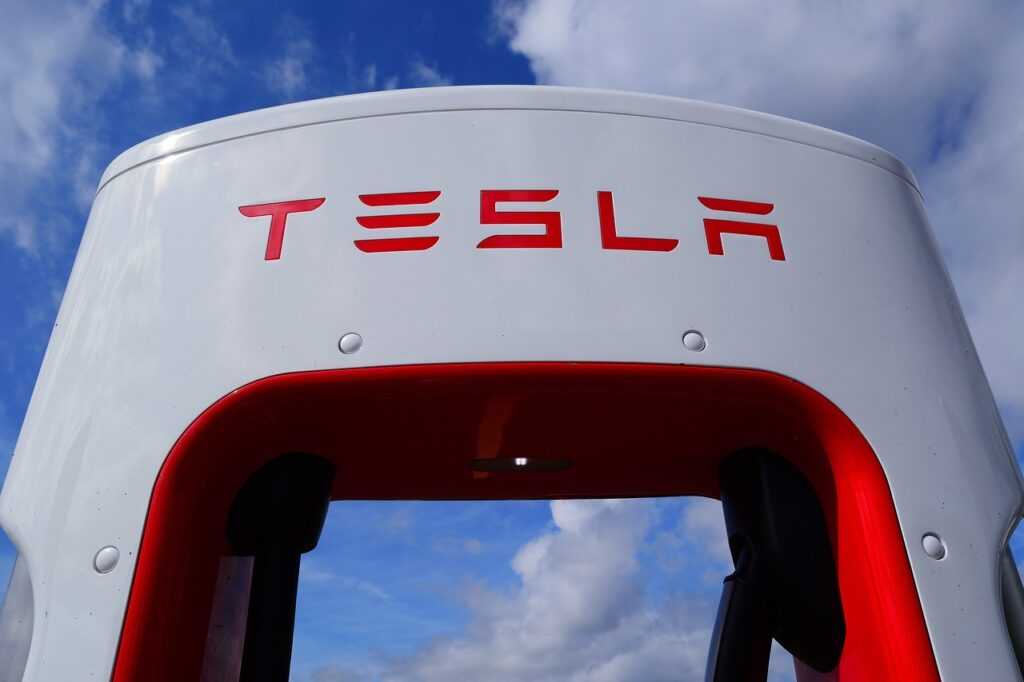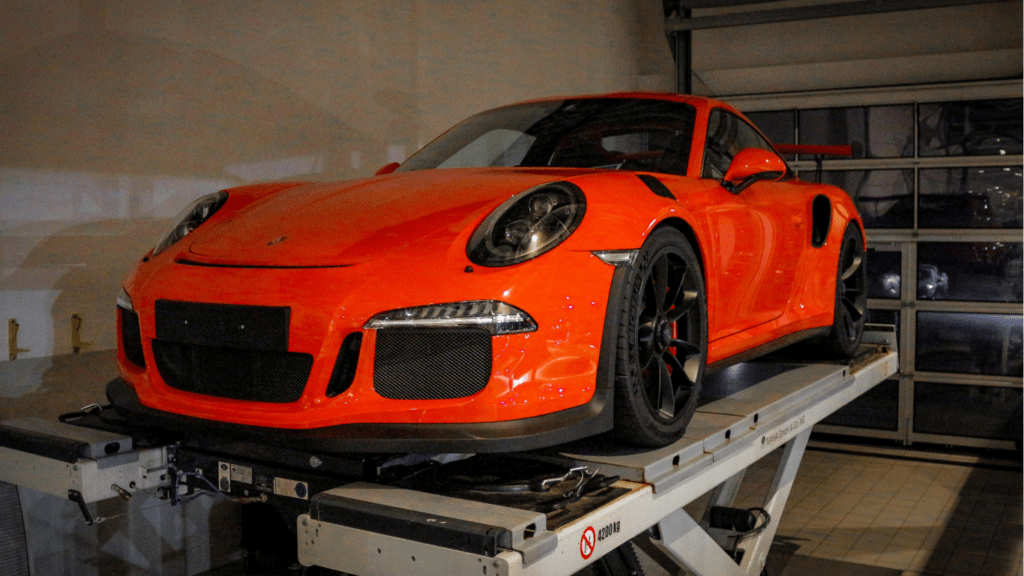The Evolution of Hybrid and Electric Cars
Hybrid and electric cars have come a long way since their inception. Initially, hybrid vehicles combined traditional internal combustion engines with electric motors to improve fuel efficiency. Toyota launched the Prius in 1997, marking a significant milestone. By 2000, it had become a symbol of eco-friendly driving.
The advancements in electric vehicle (EV) technology accelerated in the 2010s. Tesla played a pivotal role by introducing appealing and high-performance electric cars. The Model S, launched in 2012, set new benchmarks for range and performance. Today, a plethora of manufacturers are embracing electric technology.
Additionally, battery technology has seen monumental improvements. Lithium-ion batteries, the standard for modern EVs, now offer longer ranges and faster charging times. In 2011, the Nissan Leaf offered about 73 miles per charge; by 2024, models like the Lucid Air promise over 500 miles.
Connected technologies are another crucial aspect. Modern hybrid and electric cars come equipped with advanced infotainment systems, autonomous driving features, and real-time data analysis. These technologies not only enhance driving experiences but also improve vehicle efficiency.
Government policies worldwide have contributed to this evolution. Incentives like tax credits and rebates make hybrid and electric vehicles more accessible. For instance, the Clean Vehicle Rebate Project in California offers up to $4,500 for zero-emission vehicles.
Manufacturers are now focusing on luxury hybrid and electric models. Brands like BMW, Mercedes-Benz, and Audi are launching high-end vehicles with state-of-the-art features and eco-friendly powertrains. The BMW i8 and the Mercedes-Benz EQS exemplify this trend, blending luxury with sustainability.
Overall, hybrid and electric cars have transformed from niche products to mainstream options. As we advance into 2024, the automotive landscape continues to evolve, driven by technology and a commitment to sustainability.
Why 2024 Is a Milestone Year
Luxury hybrid and electric cars have reached a critical juncture in 2024. This year’s significance lies in the fusion of technological leaps and changing market dynamics.
Technological Advances
Battery Technology: Advances in battery technology have pushed the limits of range and efficiency. Lucid Air promises over 500 miles per charge, a massive leap from earlier models.
Charging Infrastructure: The expansion of charging infrastructure enhances accessibility. Companies like Tesla and ChargePoint lead the way, making long-distance travel more feasible.
Integration of AI: AI and machine learning optimize vehicle performance and user experience. Features like predictive maintenance and adaptive cruise control demonstrate these integrations.
Market Trends
Consumer Demand: Luxury and eco-friendliness now go hand-in-hand, driving consumer preferences. High-end brands target eco-conscious buyers seeking performance and sustainability.
Government Policies: Incentives and regulations promote electric vehicle adoption. Governments across North America and Europe introduce tax breaks and subsidies for eco-friendly cars.
Brand Commitments: Luxury brands pledge to expand their EV lineups. BMW, Mercedes-Benz, and Audi commit to producing more hybrid and electric models by 2025.
Technological innovations and evolving market trends mark 2024 as a transformative year. This era of luxury hybrid and electric cars redefines automotive excellence.
Key Players in the Luxury Segment

Luxury hybrid and electric cars are gaining momentum in 2024. Several established brands and emerging competitors are dominating the market.
Established Brands
- Tesla: Tesla leads the luxury electric vehicle market with its Model S and Model X. Known for long ranges and Autopilot features, it’s a benchmark for others.
- BMW: BMW’s i8 hybrid and iX3 electric SUV showcase the brand’s commitment to sustainability without sacrificing luxury.
- Mercedes-Benz: The EQS sedan exemplifies Mercedes’s push into the luxury EV market, combining opulence with advanced technology.
- Audi: Audi’s e-tron series, including the e-tron GT, merges top-tier performance with eco-friendly engineering.
- Porsche: The Taycan represents Porsche’s electric ambitions, emphasizing the brand’s legacy of high performance.
Emerging Competitors
- Lucid Motors: Lucid Motors makes waves with the Lucid Air, boasting over 500 miles of range and top-notch luxury features.
- Rivian: Rivian targets the luxury electric SUV market with the R1S, focusing on adventure and sustainability.
- Nio: China’s Nio offers premium electric SUVs like the ES8, emphasizing battery swapping technology and innovative design.
- Polestar: A Volvo sub-brand, Polestar delivers high-performance EVs, with Polestar 2 garnering significant attention.
- Fisker: Fisker’s Ocean SUV aims to provide luxury and sustainability by using recycled materials and offering competitive pricing.
These brands, both established and emerging, are setting new standards in the luxury hybrid and electric vehicle market as 2024 unfolds.
Innovations and Features of 2024 Models
2024 models spotlight cutting-edge advancements in luxury hybrid and electric cars. They reflect significant upgrades in design, performance, and sustainability.
Design and Aesthetics
Luxury hybrid and electric cars in 2024 boast sleek, modern designs and premium materials. High-end manufacturers incorporate aerodynamic shapes to enhance efficiency. Tesla’s minimalist interiors, featuring large touchscreens, set new standards. BMW’s iX series showcases futuristic aesthetics and sustainable materials like recycled plastics and natural fibers.
Performance Enhancements
Performance remains a focal point for 2024. Electric motors deliver instant torque, allowing rapid acceleration. The new Tesla Roadster promises 0-60 mph in under 2 seconds. Advanced battery technology ensures longer ranges; the Lucid Air offers over 500 miles per charge. Regenerative braking systems improve energy efficiency and overall performance.
Sustainability Initiatives
Automakers emphasize eco-friendly manufacturing and materials in 2024. BMW’s iX series includes sustainable manufacturing processes, such as reduced water usage. Mercedes-Benz integrates organic materials and recycled metals in the EQS model. Charging infrastructures expand with solar-powered stations, reducing reliance on non-renewable energy sources.
Consumer Reception and Feedback
Luxury hybrid and electric cars are reshaping consumer preferences in the automotive market. Here’s a deep dive into consumer reception and feedback for these high-end eco-friendly vehicles.
Buyer Demographics
The typical buyer of a luxury hybrid or electric car in 2024 tends to be affluent, environmentally conscious, and tech-savvy. Based on market research, these consumers often fall within the 35-54 age bracket, possess a high level of education, and prioritize sustainability. Wealthy urban professionals (e.g., CEOs, entrepreneurs) and tech enthusiasts show a strong preference for these cars due to their cutting-edge technology and low environmental impact. Many buyers are early adopters who value innovation and desire the latest in automotive advancements. Additionally, eco-conscious families are increasingly choosing luxury EVs to align with their values and reduce their carbon footprint.
Customer Reviews
Customer reviews for luxury hybrid and electric cars in 2024 highlight several recurrent themes. Performance is a key point of praise, with many drivers noting the impressive acceleration and smooth handling of electric motors. For example, owners of the Tesla Model S laud its ability to go from 0-60 mph in just under 2 seconds. Many reviews also emphasize the extended range and fast charging capabilities, like the Lucid Air’s 500-mile range, as major benefits.
Design and comfort are frequently mentioned, with customers appreciating the sleek exteriors and premium interiors that feature high-quality materials. Reviewers of the Audi e-tron GT, for instance, often mention its luxurious design and advanced infotainment system. Moreover, consumers express satisfaction with the advanced safety features, such as AI-driven driver assistance technologies present in models like the Mercedes-Benz EQS.
Sustainability is another highlight, with buyers feeling positive about contributing to a greener planet. Many appreciate automakers’ commitments to eco-friendly practices, including the use of organic materials and sustainable manufacturing processes. The BMW iX, for example, receives high marks for its environmentally friendly production methods.
While the overall reception is positive, some customers mention concerns about the current charging infrastructure. Despite many advancements, certain areas still lack sufficient charging stations, posing a challenge for long-distance travel. Nonetheless, the extensive network expansion plans by companies like ChargePoint provide optimism for future improvements.
Future Outlook for Luxury Hybrid and Electric Cars
Luxury hybrid and electric cars are set to dominate the market due to rapid technological advancements and evolving consumer preferences toward eco-friendliness. By 2024, several key trends will shape the future of these high-end vehicles.
Advanced Battery Technologies
New battery technologies will revolutionize luxury hybrids and EVs. Solid-state batteries promise higher energy densities, faster charging times, and longer lifetimes compared to current lithium-ion batteries. Brands like BMW and Toyota are investing heavily in this technology.
Enhanced Charging Infrastructure
The expansion of charging stations remains a critical factor for the adoption of electric vehicles. Companies like Tesla, ChargePoint, and Electrify America are leading the charge in developing a vast network of fast chargers. This infrastructure growth aims to alleviate range anxiety, increasing consumer confidence.
Integration of Artificial Intelligence
AI integration will optimize vehicle performance and enhance the driving experience. AI-driven systems will enable predictive maintenance, improve battery management, and offer personalized driving experiences. Early adopters of these technologies include Audi and Mercedes-Benz.
Government Policies and Incentives
Governments are likely to introduce more stringent emissions regulations and offer additional incentives for electric vehicle purchases. Increased tax rebates and subsidies will make luxury hybrids and EVs more attractive. The European Union and the US are already implementing policies that favor electric vehicle adoption.
Consumer Demand for Sustainability
Affluent, eco-conscious consumers will continue to drive demand for luxury hybrid and electric cars. Brands will need to focus on sustainable materials, ethical manufacturing processes, and transparent supply chains. Companies like Tesla and Polestar are already pioneering in these areas.
Autonomous Driving Capabilities
By 2024, self-driving technologies will be more sophisticated, with luxury car brands incorporating Level 3 and Level 4 autonomous systems. These systems allow for more advanced driver assistance and, in some cases, fully autonomous driving under certain conditions. Mercedes-Benz and BMW are at the forefront of this innovation.
Emergence of New Competitors
The market will see new entrants alongside established brands. Companies like Rivian, Lucid Motors, and Fisker will introduce innovative models, possibly capturing significant market share. These newcomers focus on combining luxury features with sustainable practices.
Luxury Features and Customization
Consumer expectations for luxury features will increase. Expect advancements in in-car entertainment systems, customizable interiors, and superior craftsmanship. Brands will offer a higher degree of personalization, catering to the individual tastes of buyers.
Resale Value Concerns
Resale values for hybrid and electric luxury cars are expected to improve as technology stabilizes and consumer acceptance grows. Early adopters have faced depreciation concerns, but enhanced technology and broader market acceptance will likely mitigate these issues.
Collaboration Across Industries
Partnerships between automotive companies and tech giants are crucial for future innovations. Collaborations will focus on developing better autonomous systems, improved batteries, and integrated digital services. For instance, BMW partnering with Intel and Mobileye to advance autonomous driving.
Future trends point to continued innovation and consumer adoption of luxury hybrid and electric cars, transforming the high-end automotive landscape significantly by 2024.



 Editorial Director
Editorial Director
